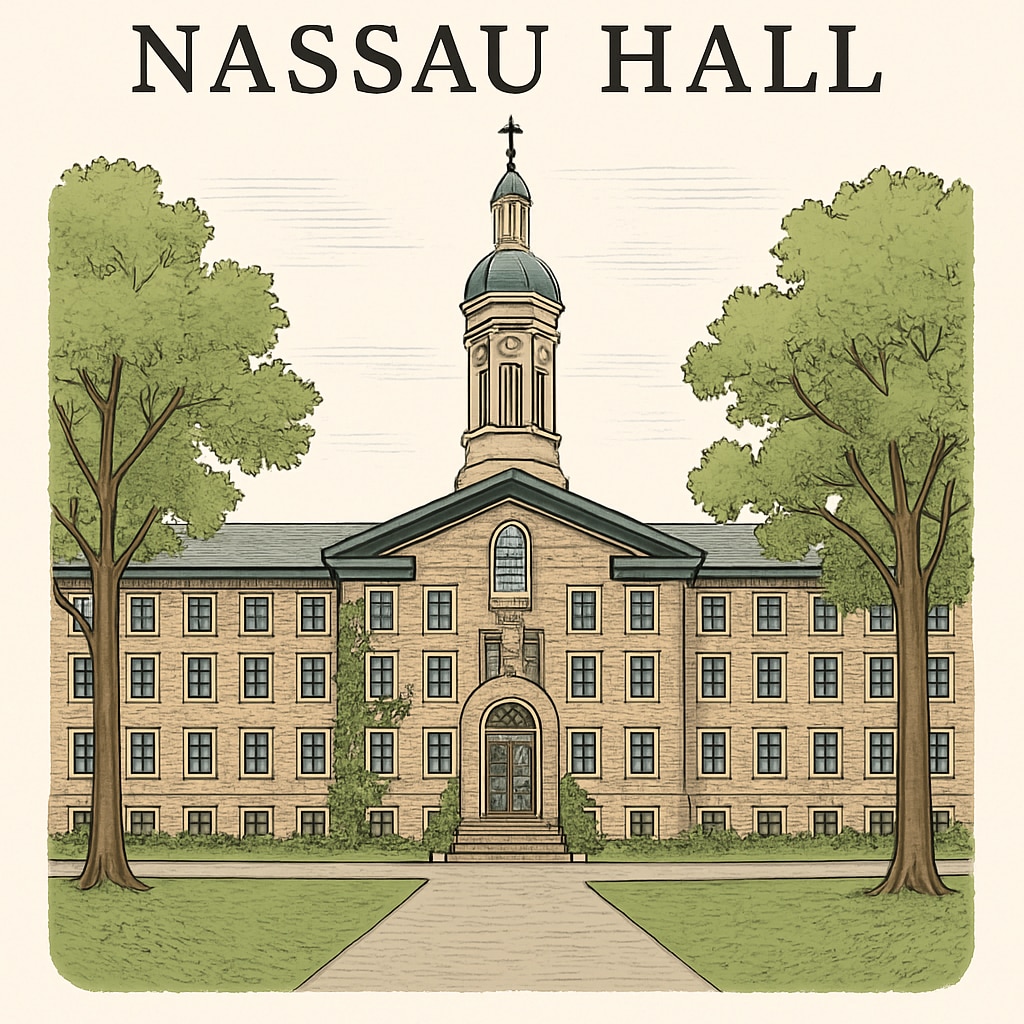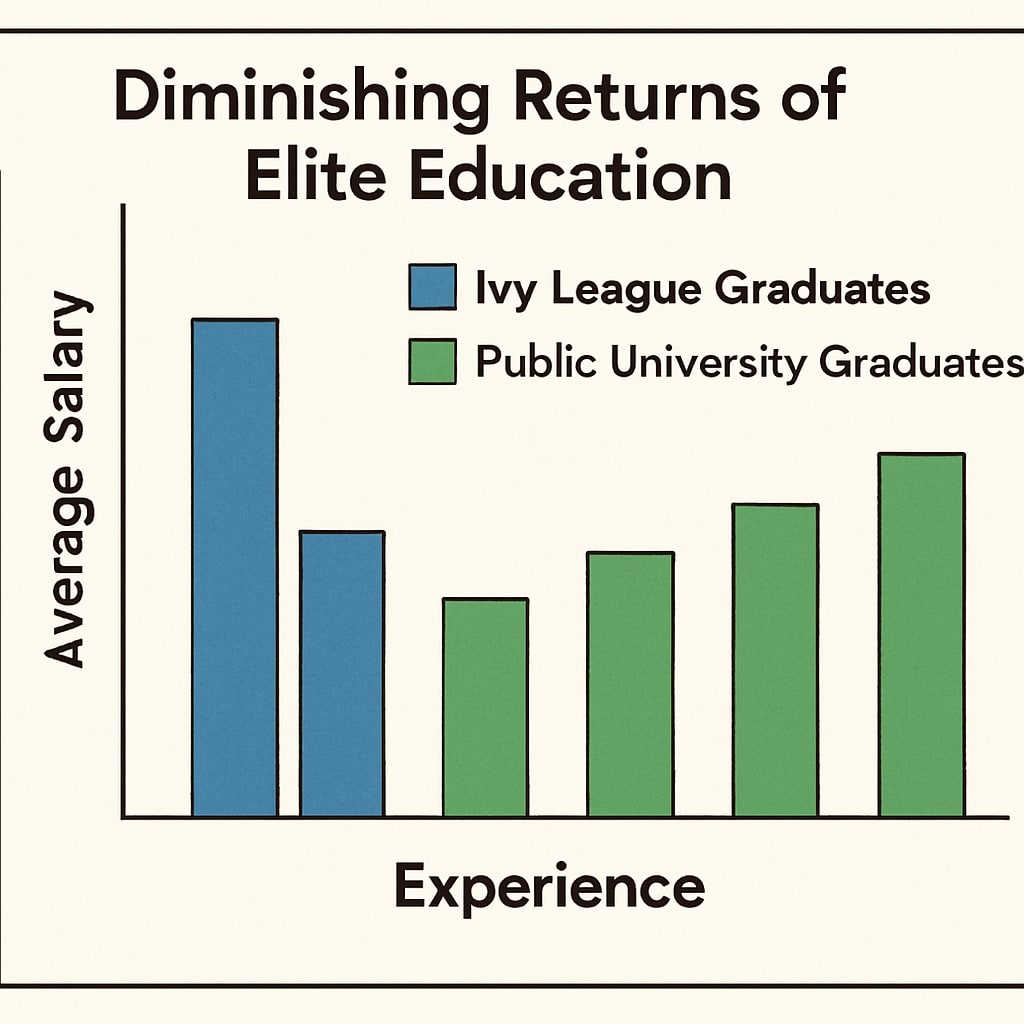For decades, institutions like Princeton and other Ivy League schools have been hailed as the pinnacle of academic excellence, attracting students and families eager to secure the perceived benefits of an elite education. However, are these schools truly worth the hype, or have we collectively overestimated their value? This article delves into the admissions process, costs, and post-graduation outcomes to question whether Princeton and other Ivy League schools live up to their dazzling reputations.

The Prestige of Ivy League Schools: A Double-Edged Sword
The Ivy League carries an aura of exclusivity and prestige that has been cultivated over centuries. Princeton, for instance, is often ranked among the top universities globally, celebrated for its rigorous academics and distinguished alumni. However, this prestige can sometimes overshadow critical questions about the actual benefits these schools provide to students.
One major concern lies in the admissions process. Ivy League schools, including Princeton, have notoriously low acceptance rates, often below 10%. While this exclusivity might seem like a marker of quality, it also creates a frenzy among applicants who equate admission with success. In reality, the competitive nature of admissions often favors already privileged students, raising concerns about equity and diversity.
Education Costs vs. Real Returns
Another aspect worth scrutinizing is the cost of attending Ivy League schools. Tuition and fees at Princeton and its counterparts can exceed $60,000 per year, a figure that doesn’t include living expenses. While many institutions offer financial aid packages, students and their families often end up shouldering significant debt to fund this prestigious education.
The question then becomes: Do the benefits of an Ivy League degree justify the financial burden? Research has shown that while graduates from elite schools do tend to earn higher salaries, these outcomes are often influenced by factors like pre-existing socioeconomic status and networking opportunities rather than the education itself. Furthermore, graduates from less prestigious schools can achieve comparable success, particularly in fields where skills and experience outweigh pedigree.

Rethinking Educational Goals and Values
Instead of idolizing Ivy League schools, it may be more productive to reassess the goals and values of education at all levels. K-12 education, for example, should focus on fostering curiosity, critical thinking, and adaptability—qualities that are essential for success in any field. By prioritizing these attributes, students can thrive regardless of whether they attend an Ivy League institution.
Additionally, society’s obsession with elite schools can inadvertently undermine the value of other excellent institutions, such as state universities and liberal arts colleges. These schools often provide high-quality education at a fraction of the cost, allowing students to graduate with less debt and similar career prospects.
Conclusion: The Need for a Balanced Perspective
Princeton and other Ivy League schools undeniably offer exceptional resources and opportunities, but their value has been inflated by societal perceptions of prestige. By reevaluating our priorities and recognizing the merits of a broader range of institutions, we can create a more equitable and realistic approach to higher education.
In the end, the true worth of education lies not in the name of the institution but in the knowledge, skills, and experiences gained along the way. As a result, students and families should focus on finding schools that align with their personal and professional goals rather than chasing the Ivy League brand.


